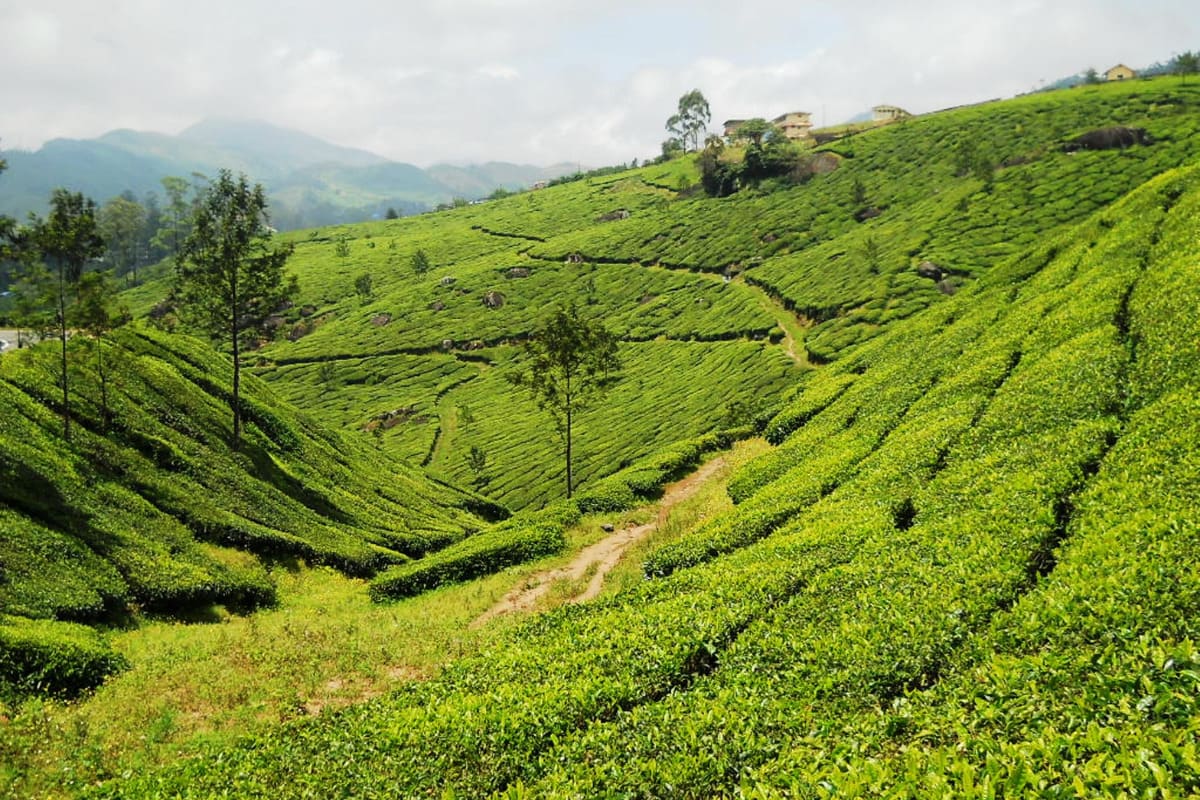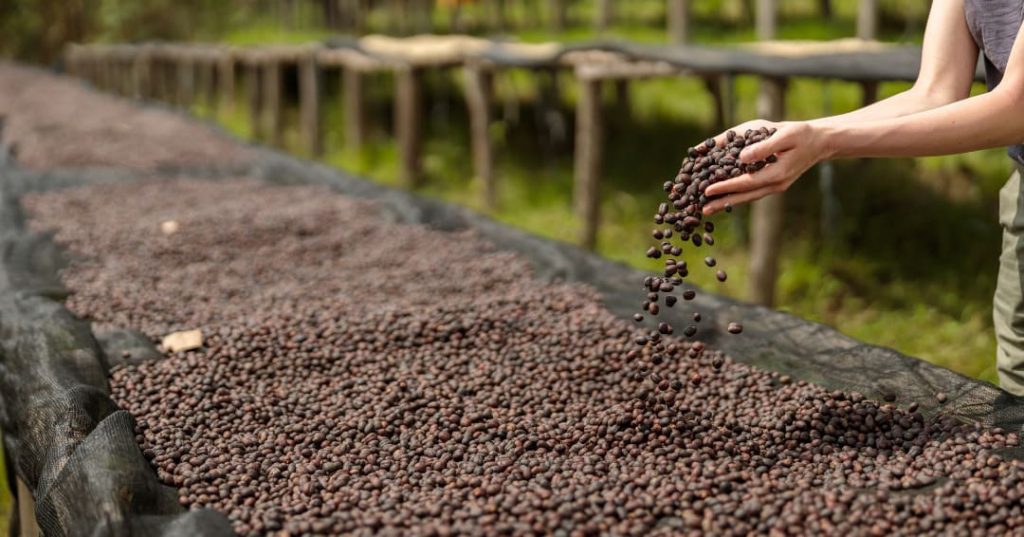The aim of the European Green Deal in Spain is to promote sustainability and climate neutrality by 2050. Thus, the EUDR is one of the key pieces of legislation to curb deforestation related to trade in agricultural products. It also aims to ensure that commodity transactions in Europe do not contribute to the deforestation of forests.
This legislation has a significant impact on the coffee, cocoa, rubber and palm oil sectors, among others. In this article, we will analyse how the EUDR relates to the European Green Deal in Spain, as well as its implications for the economy and trade.
How does the European Green Deal affect Spain?
The European Green Deal in Spain is the European Union’s strategy to reduce greenhouse gas emissions, promote a circular economy and protect ecosystems. The measures adopted by Spain are:
- Promotion of renewable energies: 54% of citizens, according to Eurobarometer, consider it a priority.
- Reduction of plastic waste: avoiding single-use plastics, supported by 43% of the population.
- Developing fairer and more sustainable agriculture: 37% of Spaniards support the idea of supporting the primary sector.
- Growth of green jobs: currently representing 2.4% of GDP and with a high potential for development.
All these actions reflect Spain’s commitment to the ecological transition. Especially as we find ourselves in a context where citizens and businesses are working to adopt more sustainable practices.
The EUDR and its relationship with the European Green Deal in Spain
The EUDR solution is a cornerstone of the European Green Deal in Spain. Regulation 2023/1115 stipulates that products placed on the EU market must not originate from deforested areas after 31 December 2020. It came into force in 2023, and is mandatory for large companies from 30 December 2025 and for small and medium-sized companies from June 2026.
The main objective of this regulation is to reduce Europe’s contribution to global deforestation. This will ensure that raw materials such as cocoa and coffee are produced without causing deforestation.
To this end, the EUDR in 2025 imposes new obligations on companies, such as:
- The submission of mandatory due diligence, proving that products do not originate from deforested land.
- The collection of geolocation data on the plots where these products have been grown.
- The strengthening of controls and sanctions in the event of non-compliance.
In the case of Spain, the implementation of the EUDR is a challenge for key sectors. However, it also represents an opportunity to consolidate Spain as a country committed to sustainability and responsible trade.

Impact of the EUDR on the coffee sector
One of the sectors most affected by the EUDR in the European Green Deal in Spain is coffee. This product has been linked to deforestation in producing countries, demanding greater control and transparency in its commercialisation.
The main implications of the EUDR for the coffee sector are:
- Greater control over the supply chain.
- Strengthening traceability.
- Promotion of sustainability certifications such as Rainforest Alliance or Fair Trade.
- Adaptation of small producers to the new requirements in order to continue exporting to the European market.
In practical terms, companies in the sector must establish stricter verification and certification protocols. The main disadvantage is the increase in operating costs, improved quality and reputation of their products.
The EUDR was designed to combat global deforestation and ensure that the European market is trading sustainable products. However, companies must be alert to changes through traceability strategies. In the long term, the EUDR will contribute to the shift of the economy towards a more sustainable and environmentally friendly model.



